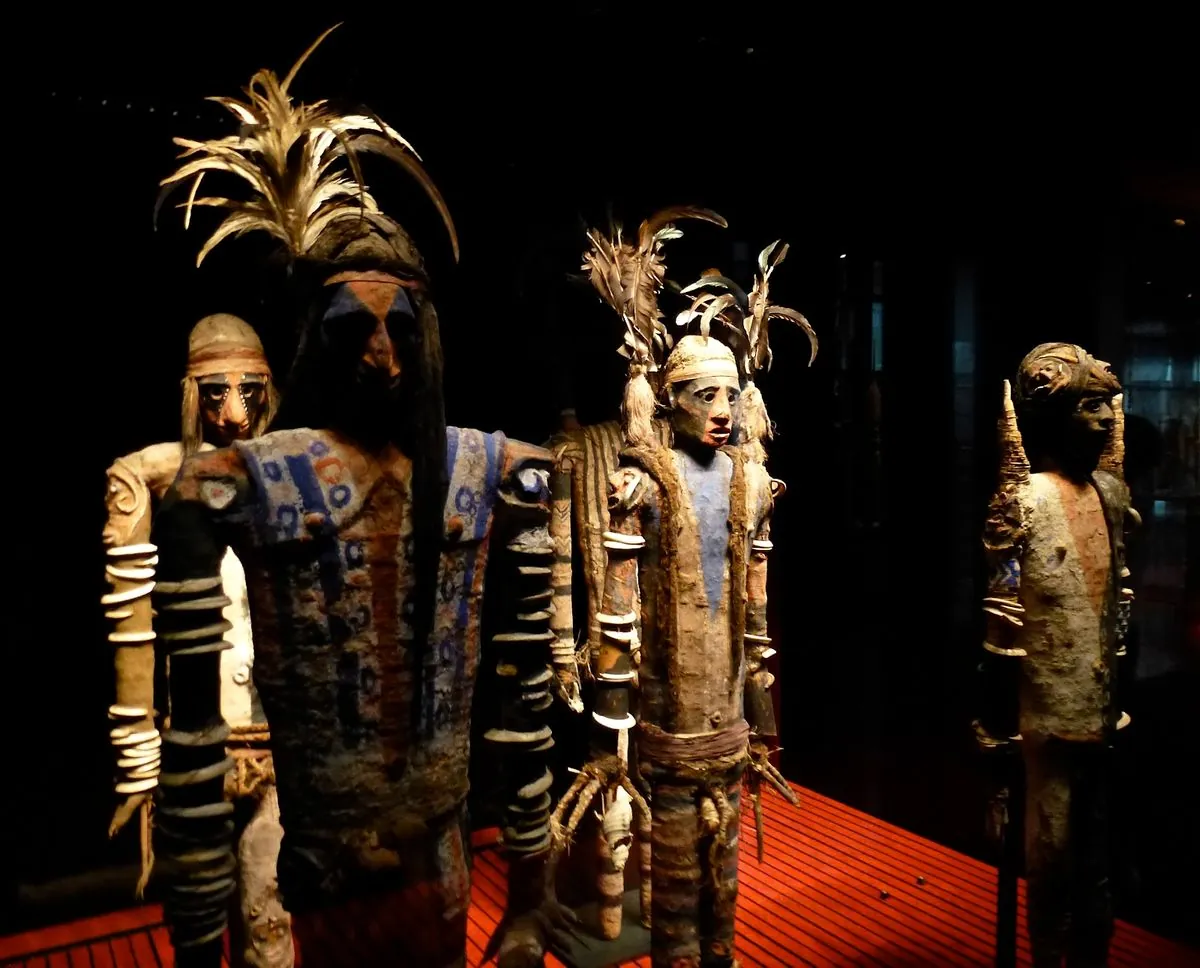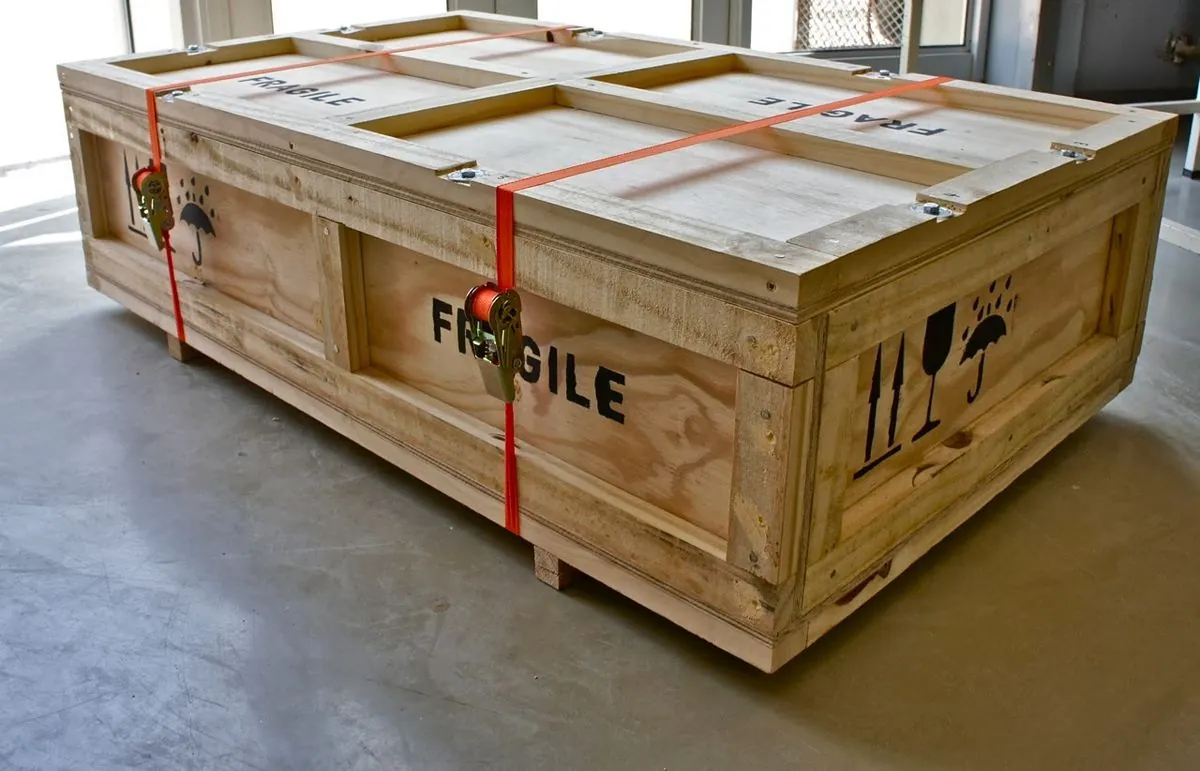U.S. Returns Sacred Artifacts to Vanuatu, Strengthening Pacific Ties
The U.S. has repatriated looted human remains and sacred objects to Vanuatu, marking a significant diplomatic gesture. This act underscores growing American engagement in the Pacific region amid increasing competition with China.

In a significant diplomatic gesture, the United States has returned sacred artifacts to Vanuatu, an archipelago of 83 islands in the South Pacific Ocean. This repatriation marks a crucial step in strengthening ties between the two nations and highlights the U.S.'s renewed focus on the Pacific region.
The artifacts, including human skulls and traditional funerary effigies known as rambaramp, were transported to Vanuatu by a U.S. Coast Guard plane in August 2024. These objects, originating from the island of Malekula, had been illicitly removed from the country decades ago before resurfacing in New York City.
A formal return ceremony took place in Port Vila, the capital city located on the island of Efate. The event featured officials from both countries, the FBI, and traditional dancers. In a symbolic gesture, a live pig was transferred during the ceremony.
Kurt Campbell, U.S. Deputy Secretary of State, expressed gratitude for the opportunity to return these precious items to their rightful place. The repatriation coincides with the recent opening of the U.S. Embassy in Vanuatu in July 2024, part of a broader diplomatic initiative in the Pacific.
The FBI played a crucial role in this repatriation effort. Chris McKeogh, a special agent on the FBI's New York art crime team, described the logistical challenges involved in transporting these fragile artifacts. The largest crate weighed 696 pounds, with the total shipment reaching around a ton.

For Vanuatu, a nation of approximately 300,000 people that gained independence from joint British and French colonial rule in 1980, the return of these artifacts holds profound cultural significance. Robert Ravun, a chief from the Smol Nambas tribe and president of the Malvatumauri National Council of Chiefs, emphasized the connection between these objects and Vanuatuan identity and history.
The repatriation effort aligns with broader U.S. engagement in the Pacific, where competition with China has intensified. The U.S. has established three new embassies in the region over the past 18 months, with a fourth announced in Kiribati. This diplomatic push comes as China has sought to increase its influence through security agreements and policing support in countries like the Solomon Islands and Papua New Guinea.
The return of cultural artifacts has gained momentum globally in recent years. Tarisi Vunidilo, a Fijian archaeologist, noted the healing aspect of these repatriations for local communities. For Kaitip Kami, curator of the National Museum of Vanuatu, the return of the rambaramp holds personal significance, potentially connecting him to his ancestors from the Smol Nambas tribe.
As Vanuatu faces challenges related to its vulnerability to natural disasters and climate change, this act of cultural repatriation serves as a reminder of the nation's rich heritage and the importance of international cooperation in preserving it.
"These artifacts are not just objects, they are connected to our ancestors … and our identity. By bringing them back to us, you have restored pages of our history."
The return of these sacred objects not only strengthens the bond between the United States and Vanuatu but also sets a precedent for future repatriations, emphasizing the importance of cultural heritage in international relations.


































